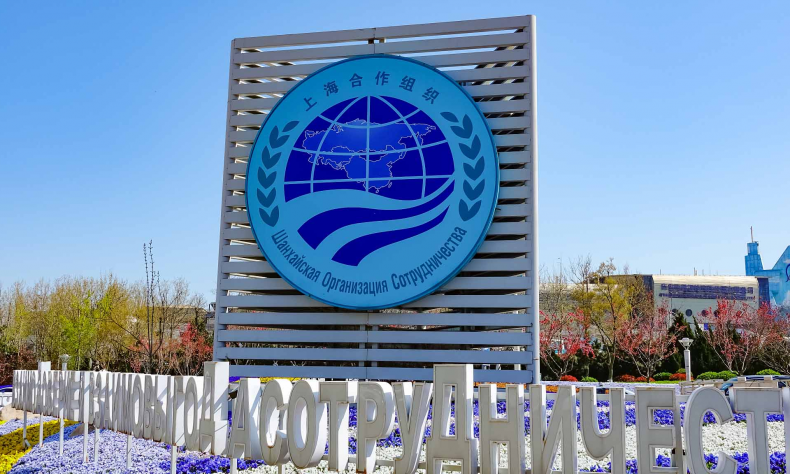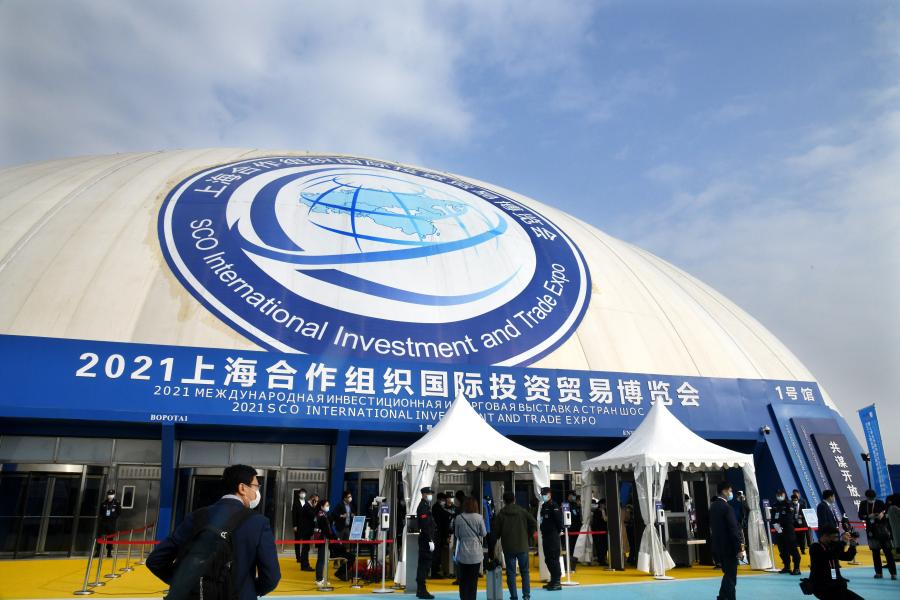The 20-Year-Old SCO Sets an Example of Regional Multilateralism

The unique feature of SCO is that instead of forcing on alliance, the organization has based its entire thematic essence on building alliance and sharing cooperation mechanism, consensus building and avoiding mutual conflicts.
This year Shanghai Cooperation Organization (SCO) is celebrating its 20 years of existence. Born out of “Shanghai Process”, SCO has come of age with its outstanding contributions towards development, cooperation, peace, and togetherness in the Eurasian region and beyond.
Over the years, the organization has not only remained focused on addressing the issue of terrorism, separatism, and extremism, but also advanced building cooperation in economics, trade, cultural and people-to-people ties. SCO has built a unique system of regional coordination that allows the countries to seek maximum benefits out of membership, observers or simply dialogue partners. SCO embodies the essence of a shared future for mankind with true observance of the SCO Charter and the Treaty of Long-term Good Neighborliness, Friendship and Cooperation.
The member countries of SCO have built their togetherness by taking important initiatives for a shared future for the community that organization covers. They have worked together with a common vision of comprehensive and sustainable cooperation in common issues including separatism, terrorism, and extremism.
As a result of the integrated efforts, today SCO is having an economic size of $18.4 trillion with $6.2 trillion external trade as there has been an 11-fold increase since the founding of the organization, according to the official sources. SCO has truly and remarkably withstood the test of the international and regional challenges, especially after the advent of war on terror in Afghanistan and later now COVID-19. SCO has succeeded in curbing the terrorism in the region and there has been joint efforts to effectively tackle the disasters in the future.
SCO is a multilateral regional organization as a continuum to the Shanghai Five established in 1990s and later transformed into SCO in 2001 after Uzbekistan joined the five founding members: China, Russia, Kyrgyzstan, Kazakhstan, and Tajikistan. After 17 years, SCO opened up for new members wherein Pakistan and India joined the organization connecting South Asia to Central Asia, Eurasia and beyond. SCO now covers nearly 43 per cent of the global populations, around 20 per cent of the world’s GDP and 75 per cent of the world’s energy resources and this reflects the immense potential, strength, and togetherness of this important set-up.
Important regional initiatives like the Belt and Road Initiative (BRI), which covers more than $10 trillion investment and 138 countries engaged in, offer the SCO countries chances to build further closeness. Then Eurasian Economic Union, CASA-100, Turkmenistan-Afghanistan, Pakistan India (TAPI), and regional important projects on gas pipeline, water, minerals and other important natural resources are hallmarks of the region of what we observe as SCO region.

The unique feature of SCO is that instead of forcing on alliance, the organization has based its entire thematic essence on sharing cooperation mechanism, consensus building and avoiding mutual conflicts. Since the establishment of SCO as a regional organization, SCO countries continued to build their environment of dialogue and mutual learning. Several distinctive programs have been launched recently on the SCO forum where there are opportunities for exchange in culture and media between the youth, academia, universities, and consortiums.
The idea of multilateralism is fully functional in SCO and this has been reflected through the joint cooperation to fight the natural disasters including the recent COVID-19 pandemic. By working with the other international organizations including WHO and United Nations, SCO countries not only opposed the politicization of the virus but also helped each other through sharing of vaccines and innovations in science.
Today as the SCO marks its 20th anniversary, there is a greater need for us all to stand together to visualize the future together. For building that future, we all need to firmly carry forward the essence of the Shanghai Spirit, which is mutual respect, equality, respect for cultural diversity, consultation, dialogue and pursuing a common path for development.
Along with this, the SCO countries need to unlock the true potential existing in the region for the peace and stability especially by helping people to contribute their part towards prosperity. There is a need for increasing the trade potential between the regional countries through various trade regimes and investment plans. SCO countries also need to further cement their ties to fight the pandemic like COVID-19 through collaboration in science and technology. There is ongoing discussions on creating mechanisms for scientific cooperation for fighting the disease and disasters. Through the effective performance of BRI and other important regional initiatives, SCO countries can multiply their connectivity and hence help people to benefit.
SCO is starting a new chapter after its two decades of existence. This is high time that the community of SCO, based on the confidence of building a strong base for the future generation, should continue to work for peaceful coexistence. There is a need to connect and increase the cooperation between women, youth, think tanks, education institutions and media. All these determinations are meant to fulfill the dream and the essence of the Shanghai Spirit. SCO is adhering to the principles and charter of the United Nations and is promoting the essence of multilateralism. With these high valued principles, SCO is moving ahead to create a better world for a shared future with universal peace and prosperity.
 Facebook
Facebook
 Twitter
Twitter
 Linkedin
Linkedin
 Google +
Google +



